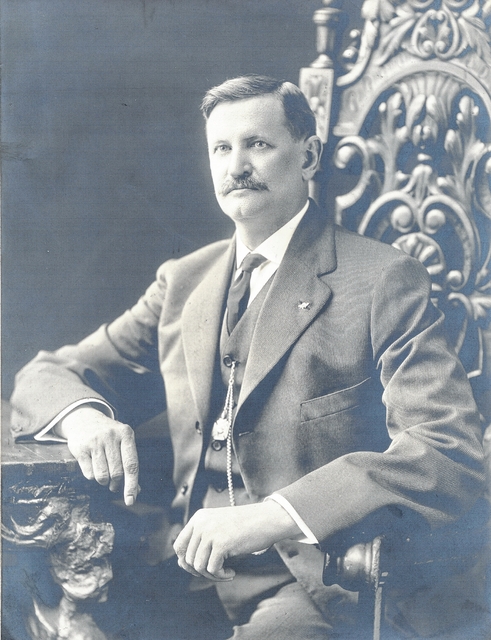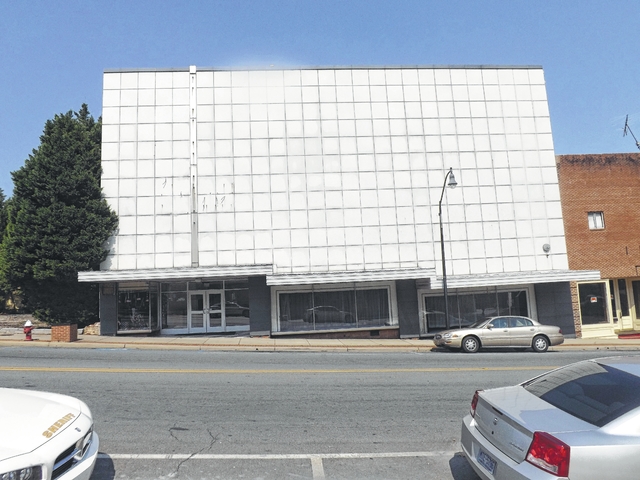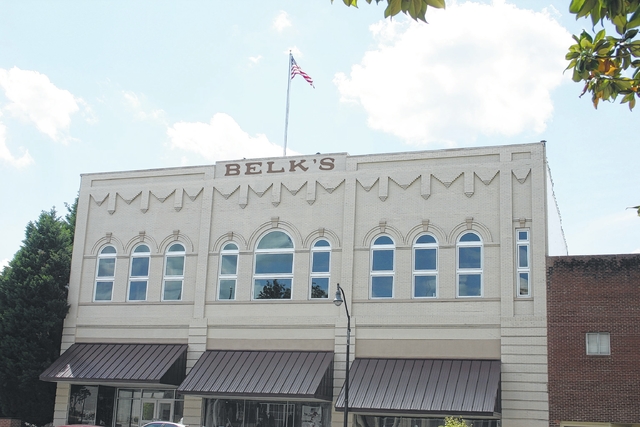Over 120 years go, a Morven man packed up and moved to Monroe to help his brother with his store, W.H. Belk and Bro., an early predecessor to what is now known simply as Belk.
Belk, Inc., announced last Monday that the company will be sold for $3 billion to Sycamore Partners, a private equity firm in New York. Tim Belk, a descendant of the original founders, will remain chairman.
The store, which called itself “the nation’s largest family owned and operated fashion department store company” in Monday’s press release, had humble beginnings. William Henry Belk, then 26, opened a store in Monroe called New York Racket in 1888.
William approached his brother, Dr. John Montgomery Belk in Morven, to help him with the store. “On a particularly difficult night, after John had returned in bad weather from tending a neighbor’s maladies, Henry made his pitch,” Howard E. Covington wrote in his book, “Belk, Inc. — The Company and the Family That Built It,” available on Belk’s website.
William was successful. “Leave medicine, he urged his brother, and come into business,” the book reads. “They talked it over through the night. By daybreak, John had decided that his future was in retailing, not medicine. John took a one-half interest in the business and moved to Monroe with his wife and young daughter. As soon as a painter could be found, the New York Racket sign came down and was replaced by one that read ‘W.H.Belk and Bro.’”
The Belk brothers eventually expanded their business, opening a bigger location in Charlotte. Over the years, the company has grown to more than 300 fashion department stores.
John Belk died of a heart attack at age 62 on March 21, 1928. “Monroe came to a stop,” Covington wrote. “The schools closed, and mourners filled Belk’s large home on South Hayne Street, the crowd spilling out into the spacious yard. People came from miles around to pay their respects, and automobiles lined the streets… More than five hundred floral displays were delivered for services at Belk’s home.”
William Belk died in 1952 at age 89 after developing a severe cold. “When his condition worsened, his doctor tried to find a hospital bed for him, but none was available for the man who had endowed medical facilities throughout the South and helped found Charlotte’s Presbyterian Hospital,” Covington wrote. Although William was eventually placed in the hospital, he soon died.
The Belk brothers’ mother, Sarah Walkup Belk and later named Sarah Belk Simpson, had been married to a Civil War soldier named Abel Nelson Washington Belk but he died in the war and she later remarried, according to Covington. She graduated from the Carolina Female College in Ansonville in 1853.
Competition — and help — from Anson
The Belks were in direct competition with another set of Anson County brothers: Joseph Bivens Efird, known as J.B. Efird, and his brothers founded Efird Department Store.
Hugh Efird began the store with the help of his brothers, Joseph and Edmund. Joseph eventually expanded it into a chain. Their 1920s Charlotte store was the only store south of Philadelphia that had an escalator, according to the Charlotte-Mecklenburg Historic Landmarks Commission. The Belks eventually merged their stores with the Efird brothers’ stores, buying them out.
Covington’s Belk book also describes two other sets of brothers who were heavily involved in Belk stores. The three Hudson brothers, Karl, Will and Grier, all from Anson, established the Hudson-Belk store in Raleigh after Karl Hudson had managed the Belk’s store in Waxhaw for John Belk.
The Leggett brothers, Fred, Will, Robert, Harold, and George, all from Morven and Wadesboro, also worked with the Belks. Harold was the manager of the Belk’s in Wadesboro, which opened in 1925, according to the book.
An Associated Press release about Robert Leggett’s death printed in Virginia’s The Free Lance-Star on Feb. 1, 1978, retrieved via Google News, shows that the Leggett brothers were the children of Alexander Lafayette and Minnie C. Leggett. Robert died on Jan. 31, 1978.




